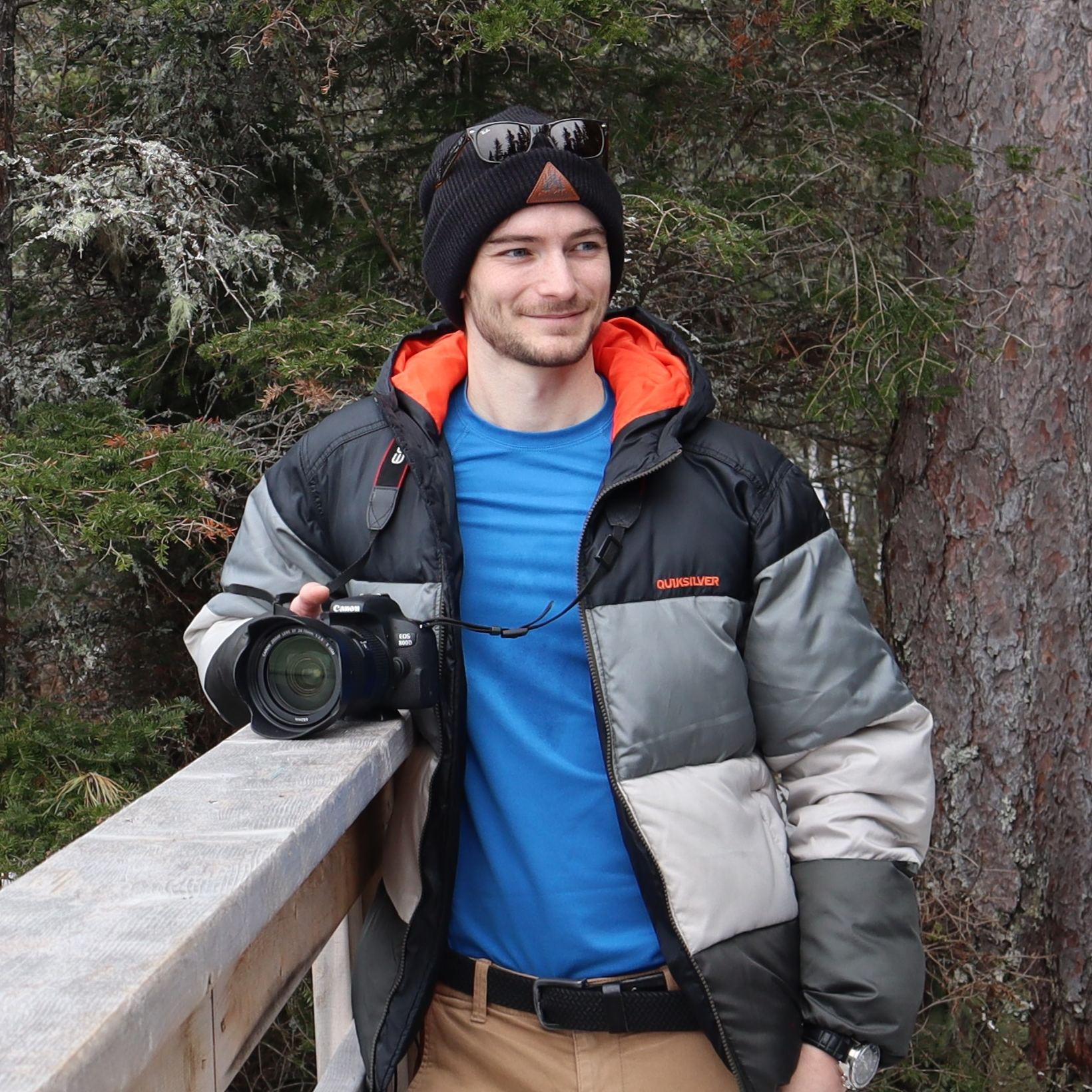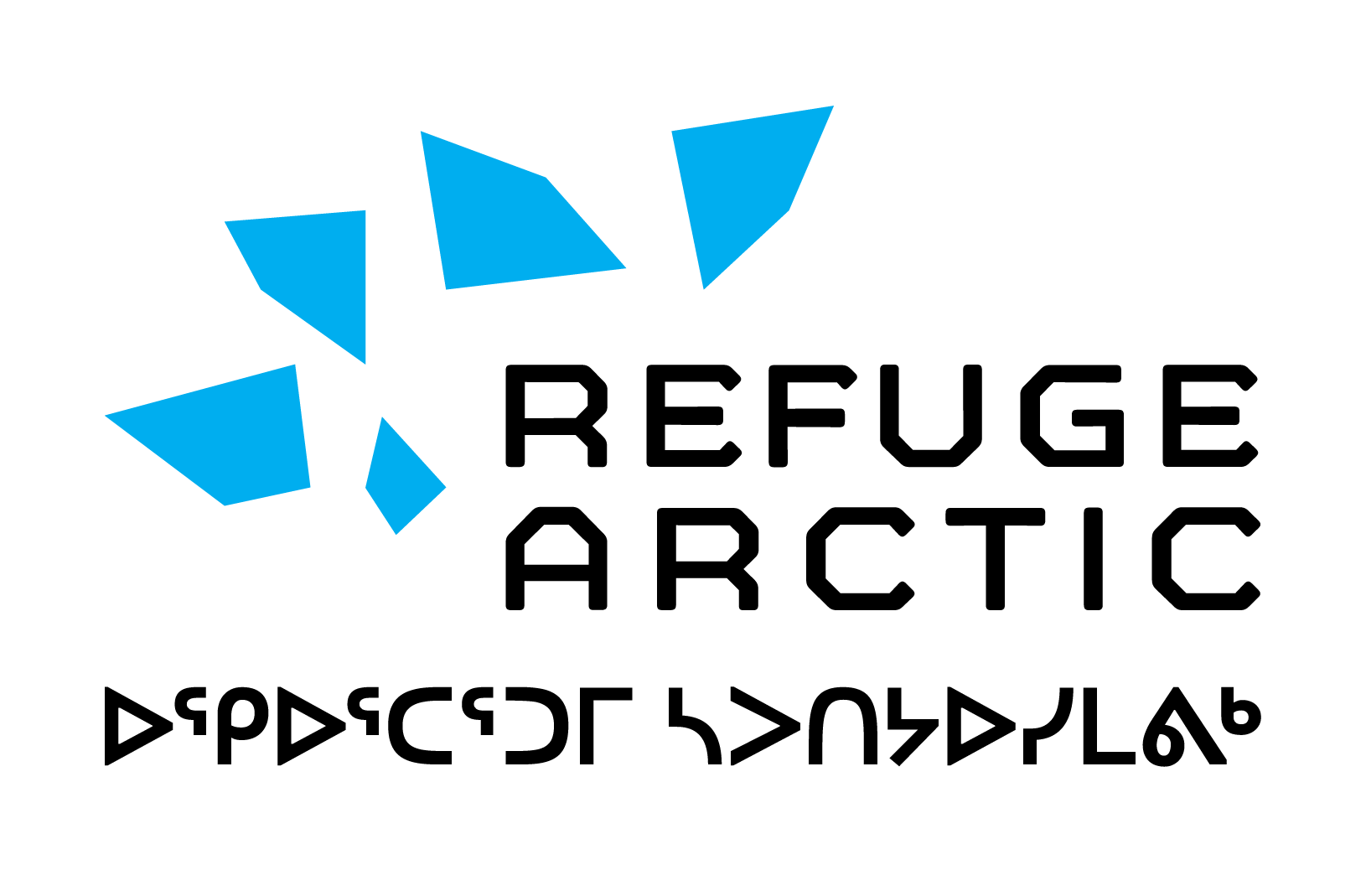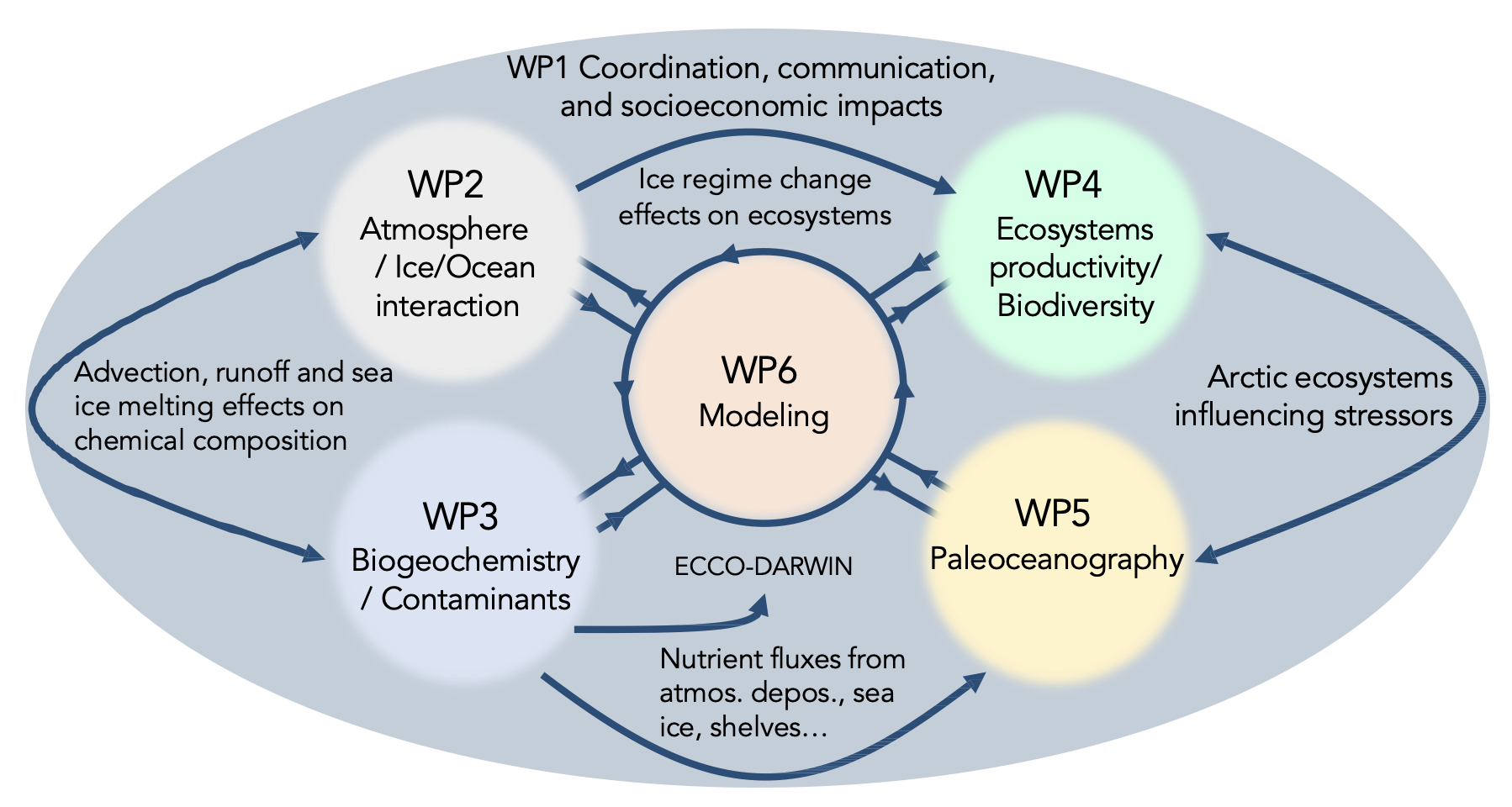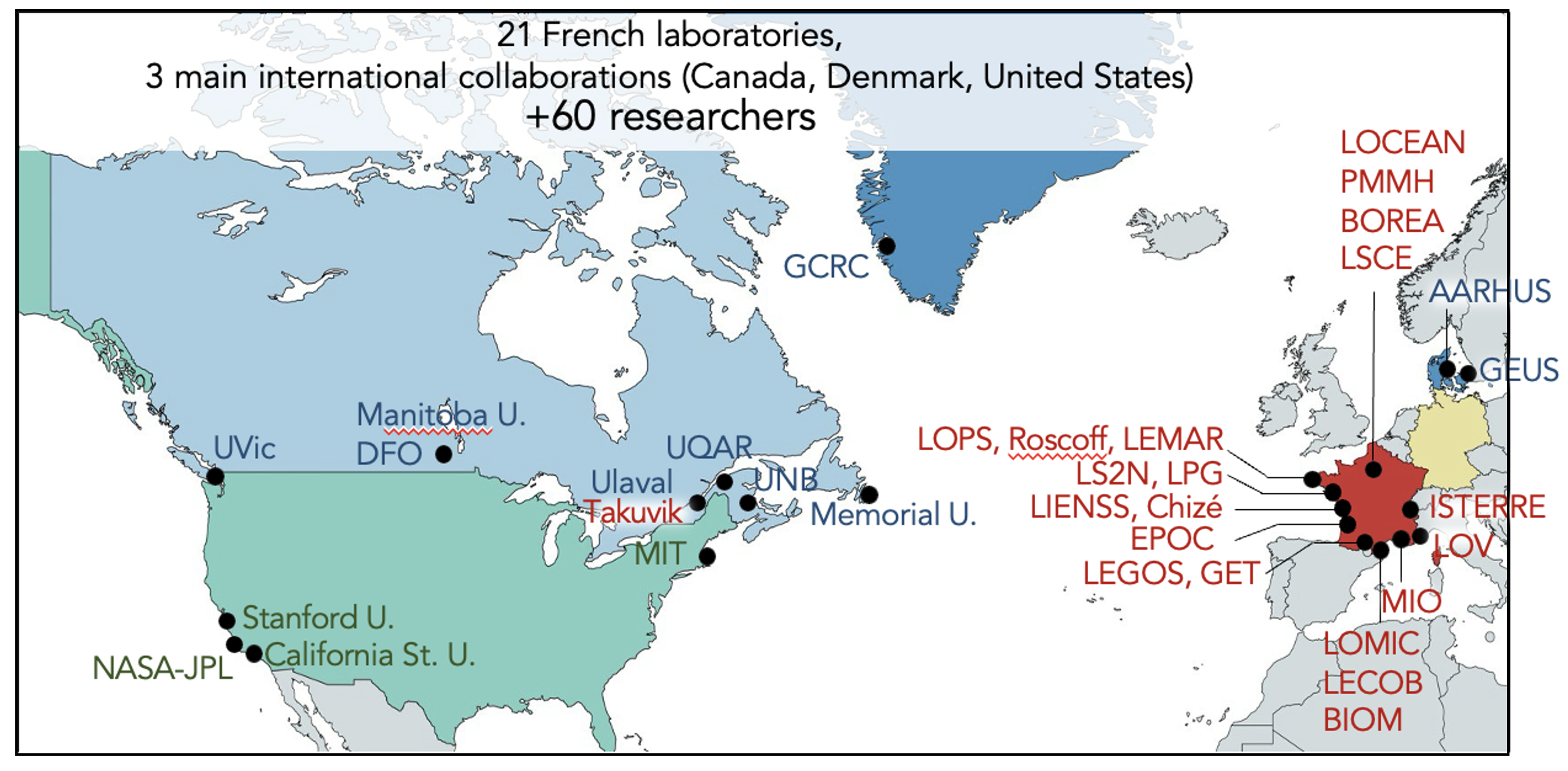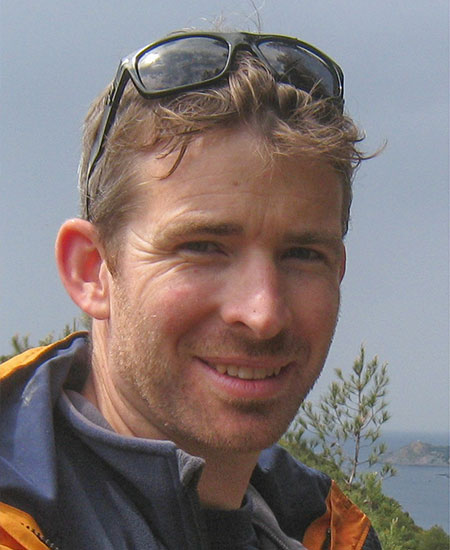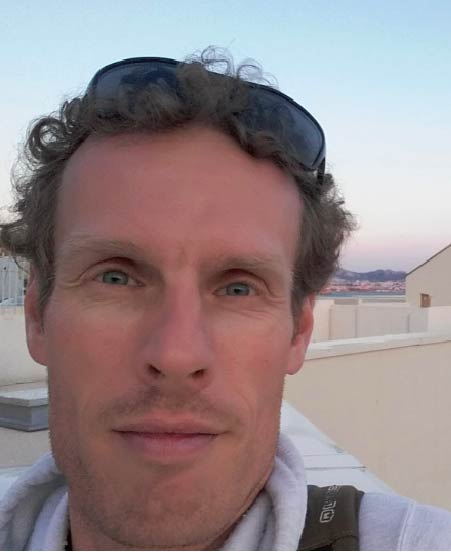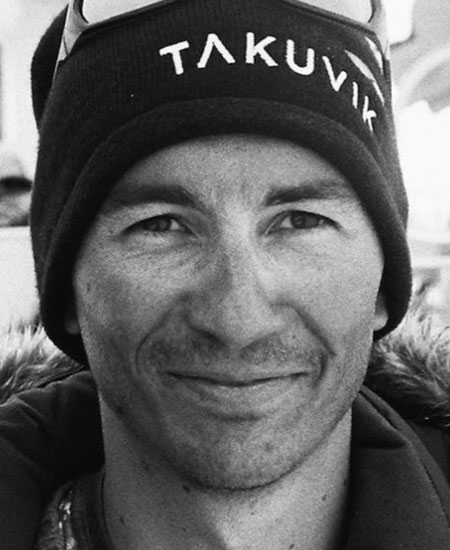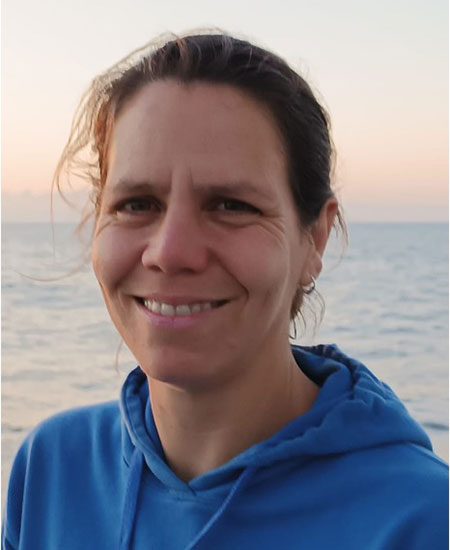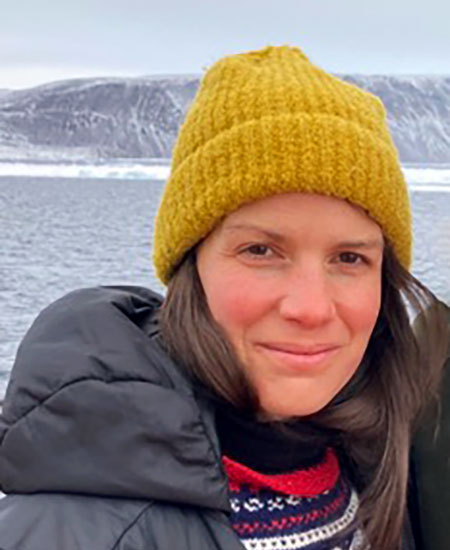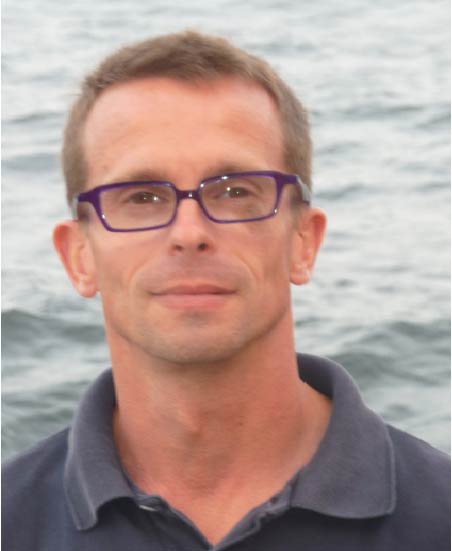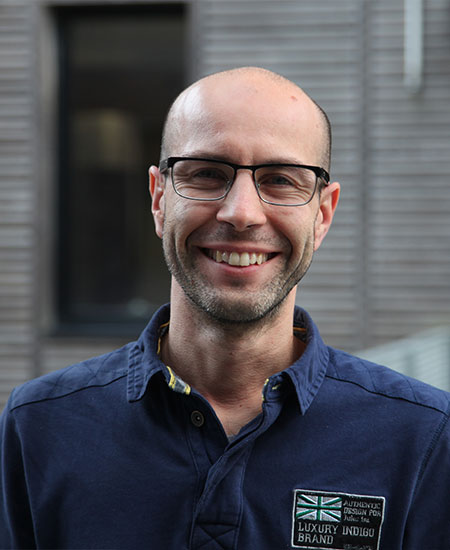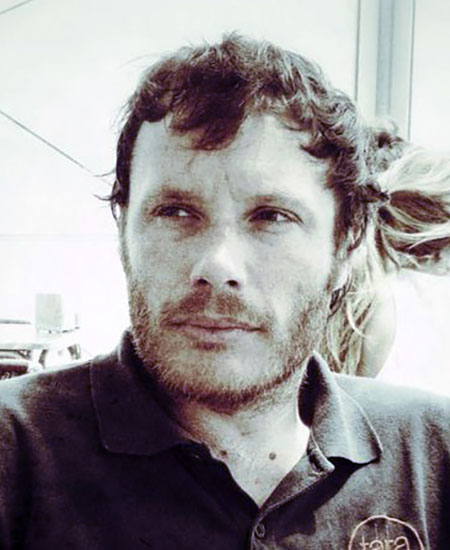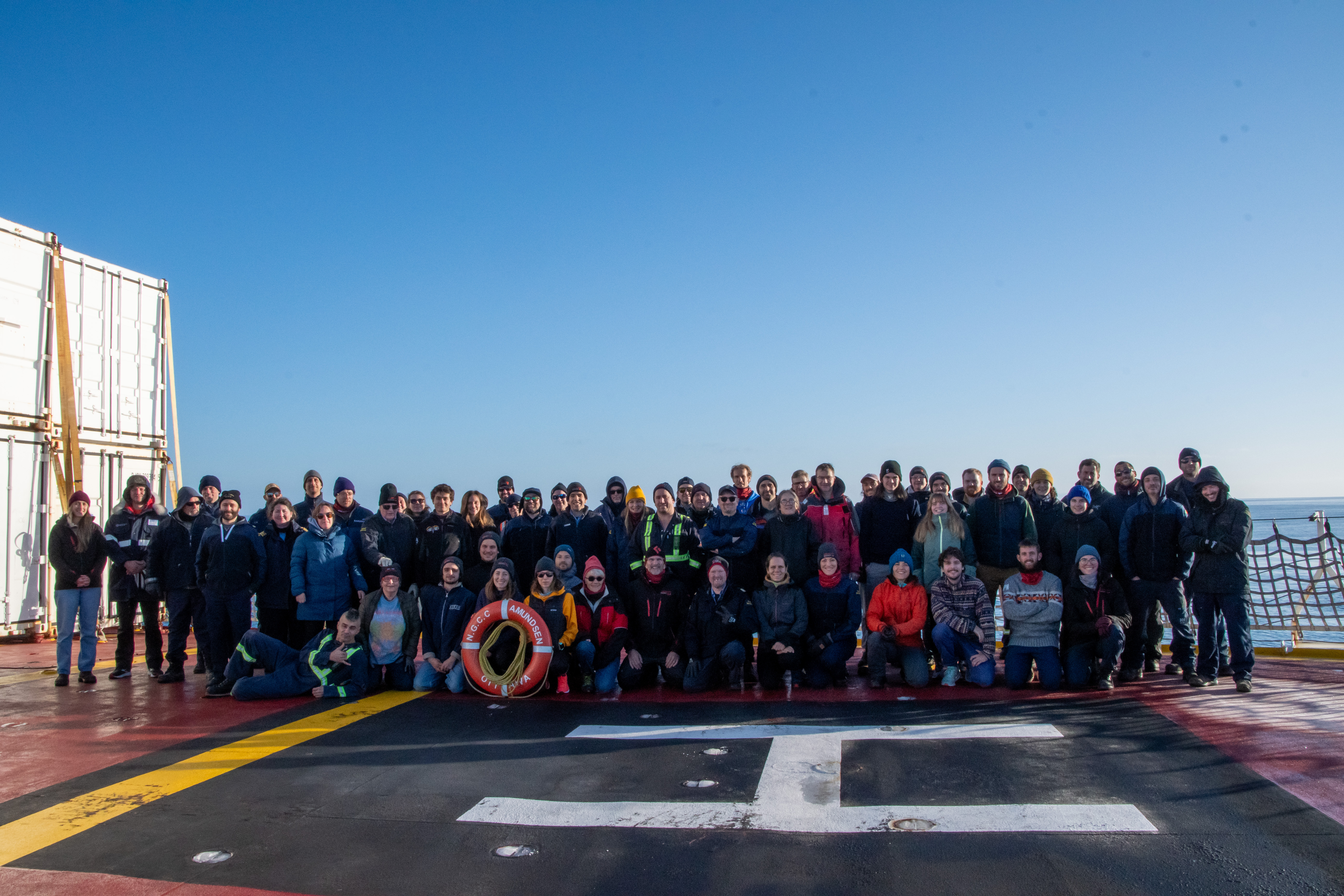Organized as a large consortium (21 French laboratories with strong Canadian, Danish and US partnerships), REFUGE-ARCTIC team is large and combines many expertises:
- The physics team (ISTERRE, LOCEAN, LOPS, Takuvik, Aarhus U., Manitoba U., UQAR) is a synergistic combination of experts covering physical oceanography, sea ice dynamics and optics, and glaciology.
- The geochemical team (GET, MIO, LSCE, LOCEAN, LEGOS, IGE, Takuvik, UVic) uses geochemical trace element and isotope tracers that provide unique information about the sources, exchange processes and fluxes of elements, nutrients and contaminants at the ocean interfaces.
- The marine productivity and biodiversity team (BIOM, LECOB, LEMAR, LOMIC, MNHN, Roscoff, Takuvik, DFO, MUN, Stanford U, U. of Oslo) will combine their expertise to assess the effects of all these processes on the activity and diversity of biological communities from almost all trophic levels, helping underpin their role on element cycling and providing the background knowledge to understand future changes in biodiversity.
- The paleoceanography team (EPOC, LOCEAN, LPG, LSCE, Aarhus U., GEUS, UNB, UQAR) will reconstruct the paleo-dynamics of sea ice, ice caps and associated marine terminating glaciers and their implications on the functioning of the local ecosystem of the northern sector of Nares Strait and Lincoln Sea.
- The modeling team (LIENSs, LOCEAN, LS2N, Takuvik, AWI, CSU, MIT, NASA-JPL) will interface with all other work packages. It brings along transdisciplinary modeling expertise necessary to disentangle the diverse mechanisms operating at various scales of complexity responsible for the plankton responses to glaciers-sea ice-ocean interactions.
REFUGE-ARCTIC will contribute to the international effort to sample an unexplored region of the AO and understand past, present and future changes in the Arctic, assess impacts, and inform Arctic and global communities by providing comprehensive information and a benchmark to protect the Arctic environment and its ecosystems.
A large international consortium
REFUGE-ARCTIC LEADERS
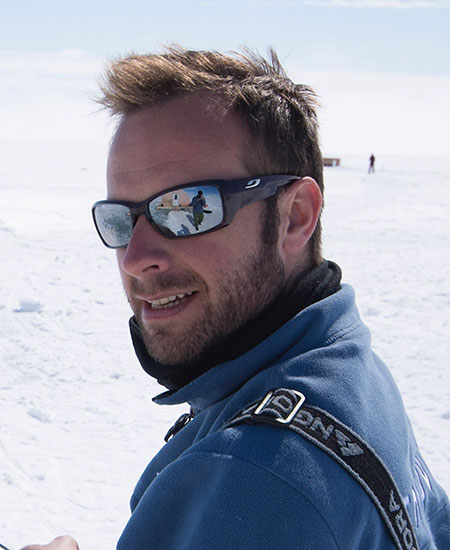
Mathieu Ardyna
PI & WP2 - Biogeochemical cycles and contaminantsMathieu Ardyna is a biological oceanographer interested in understanding phytoplankton dynamics in polar environments. His main research focuses are on how environmental drivers and changes are altering phytoplankton phenology, productivity and structure in polar waters.
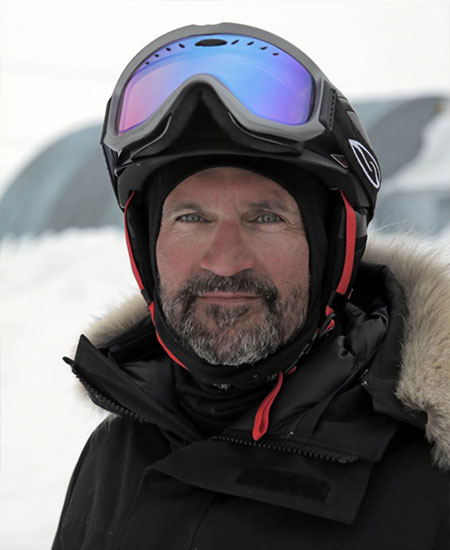
Marcel Babin
Co-PI & WP1 - Atmosphere-ocean-ice dynamicsMarcel Babin is a senior biological oceanographer and an expert in marine optics and microalgal photophysiology. His research includes radiative transfer simulations, lab and field work on microalgal photosynthesis and growth, and experimental and theoretical studies on seawater optical properties.
The WP leaders
Early Career Researchers
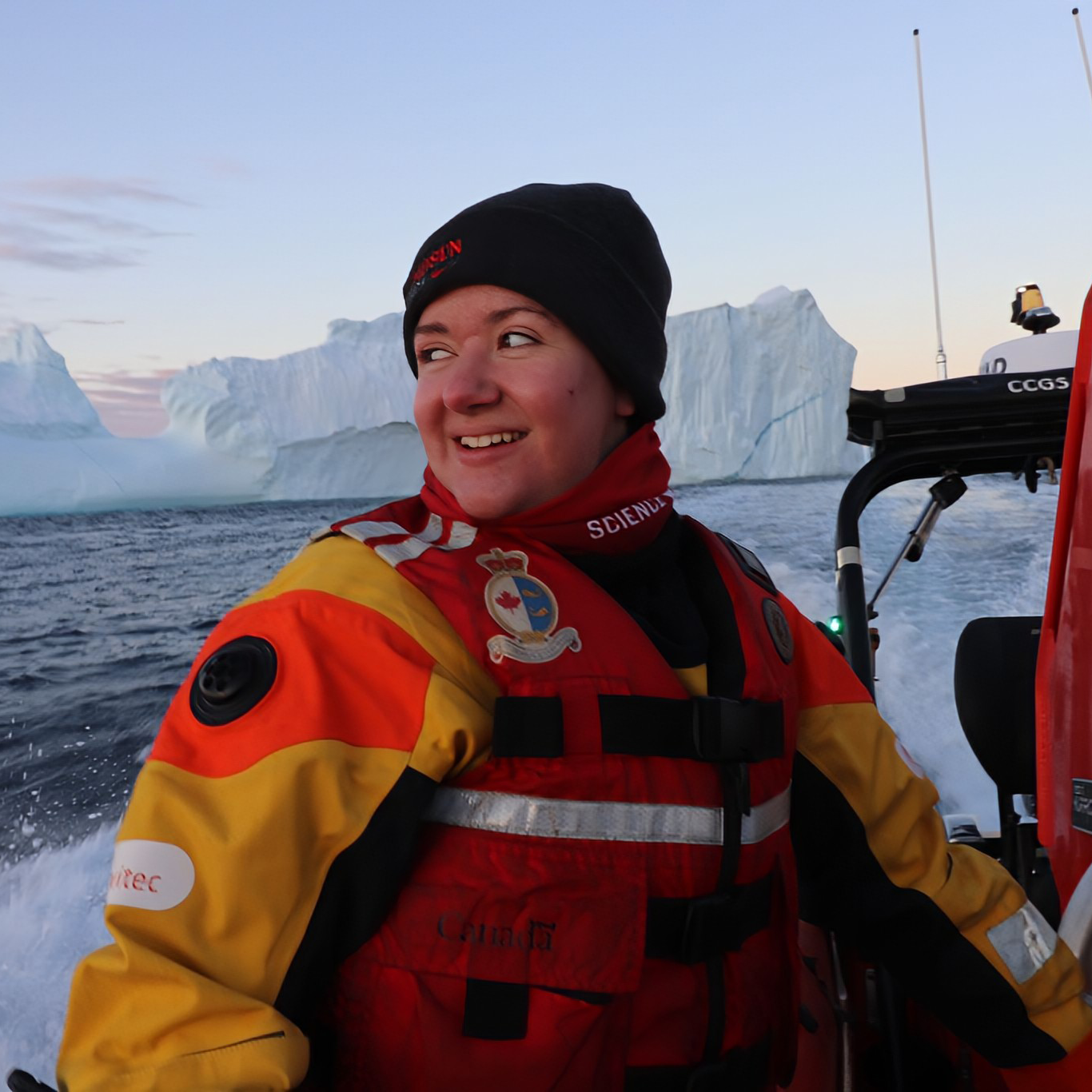
Tia Anderlini
PhD CandidateMy project focuses on the distribution of trace metals (Fe, Mn, Co, Ni, Cu, Zn, Cd, Pb) in marine waters throughout the Canadian Arctic Archipelago and Baffin Bay.
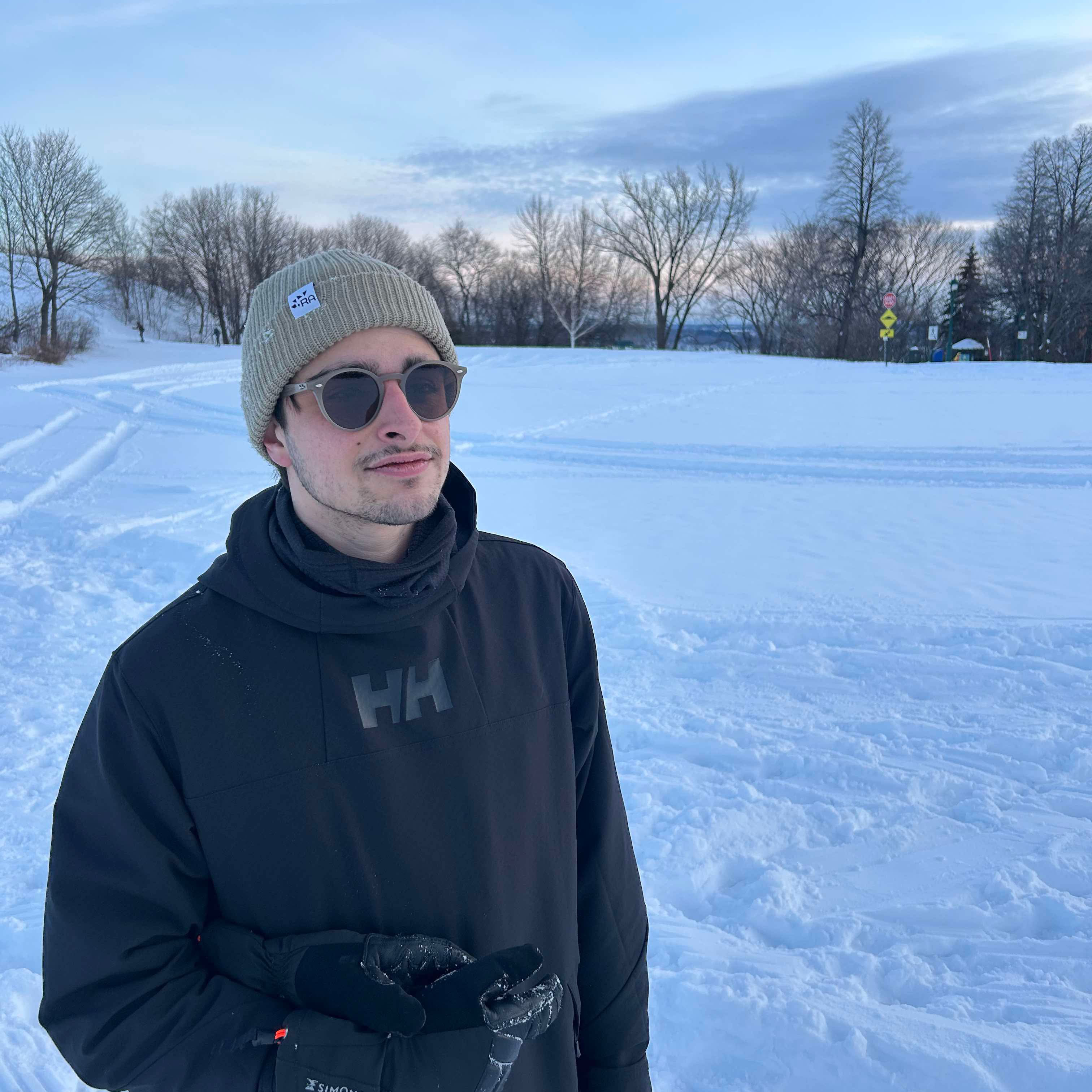
Guillaume Barut
PhD StudentMy PhD focuses on understanding water mass dynamics and their influence on macro-nutrients and phytoplankton distribution in Nares Strait.
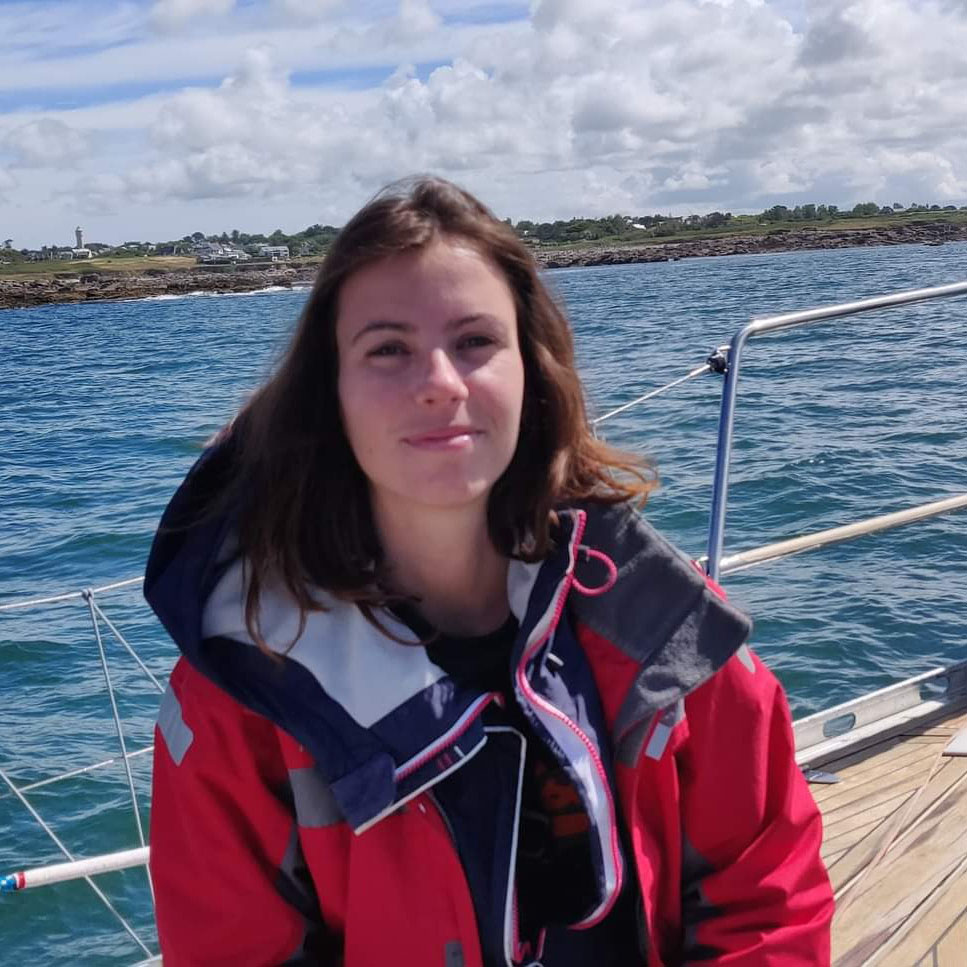
Clémence Blais
PhD StudentMy project focuses on phytoplankton mixotrophy. More specifically, on the two main pathways of mixotrophy in phytoplankton: osmotrophy and phagotrophy.
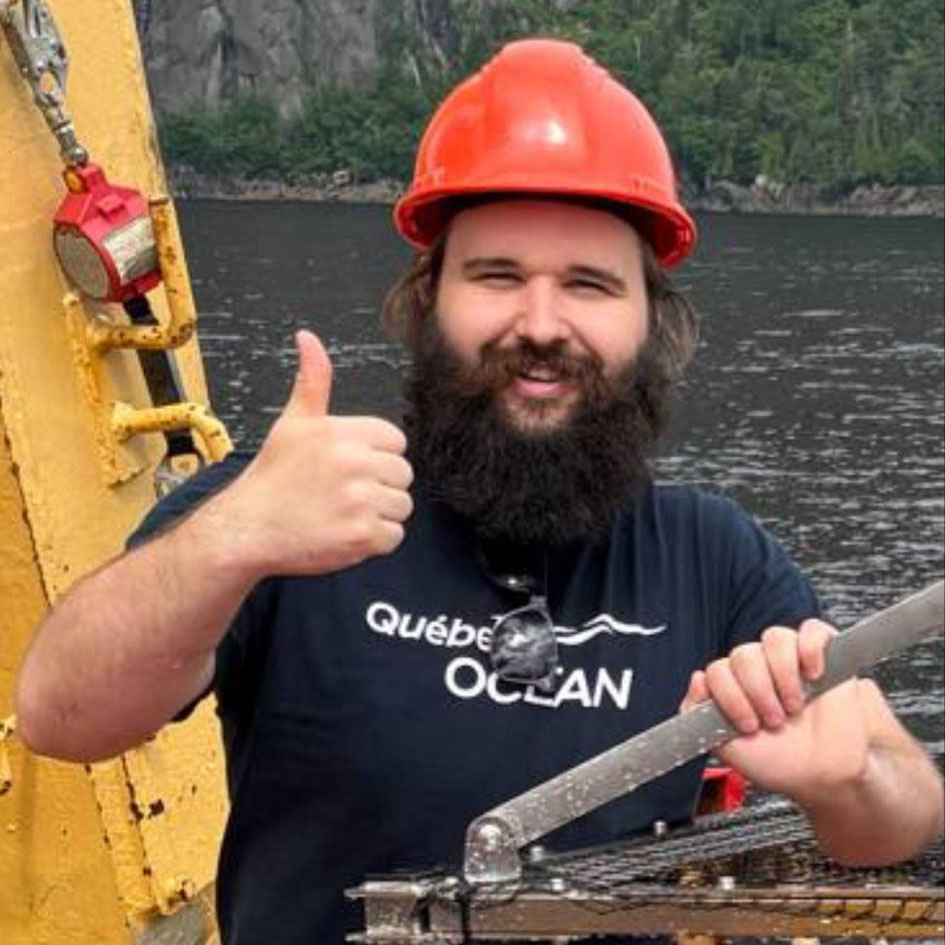
Guillaume Blais
PhD StudentMy PhD project aims to better understand how climate change influences the biodiversity and functioning of benthic communities, essential for nutrient recycling and carbon remineralization.
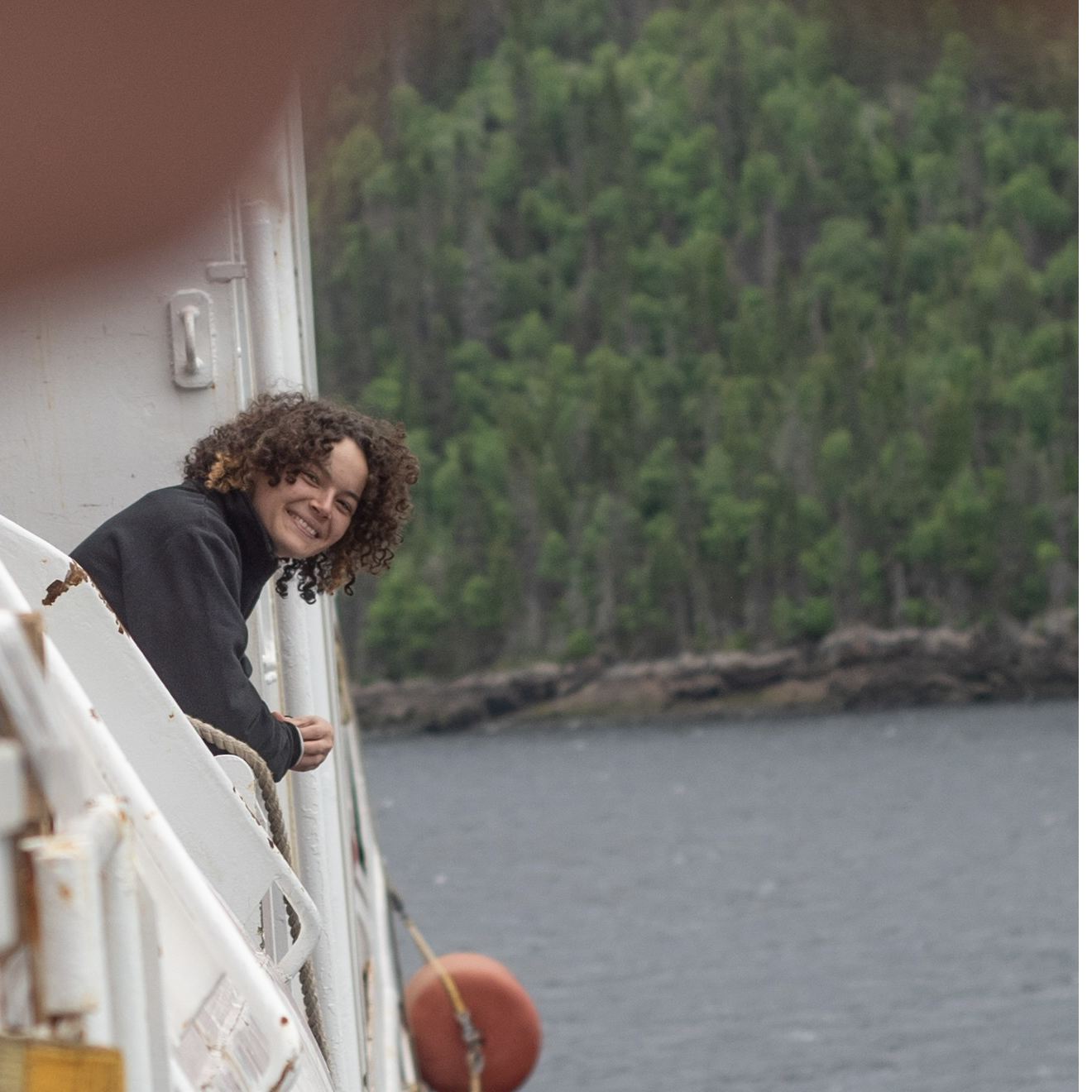
Léna Bodiguel
PhD StudentMy project focuses on the phytoplankton community dynamics in the Arctic Ocean.
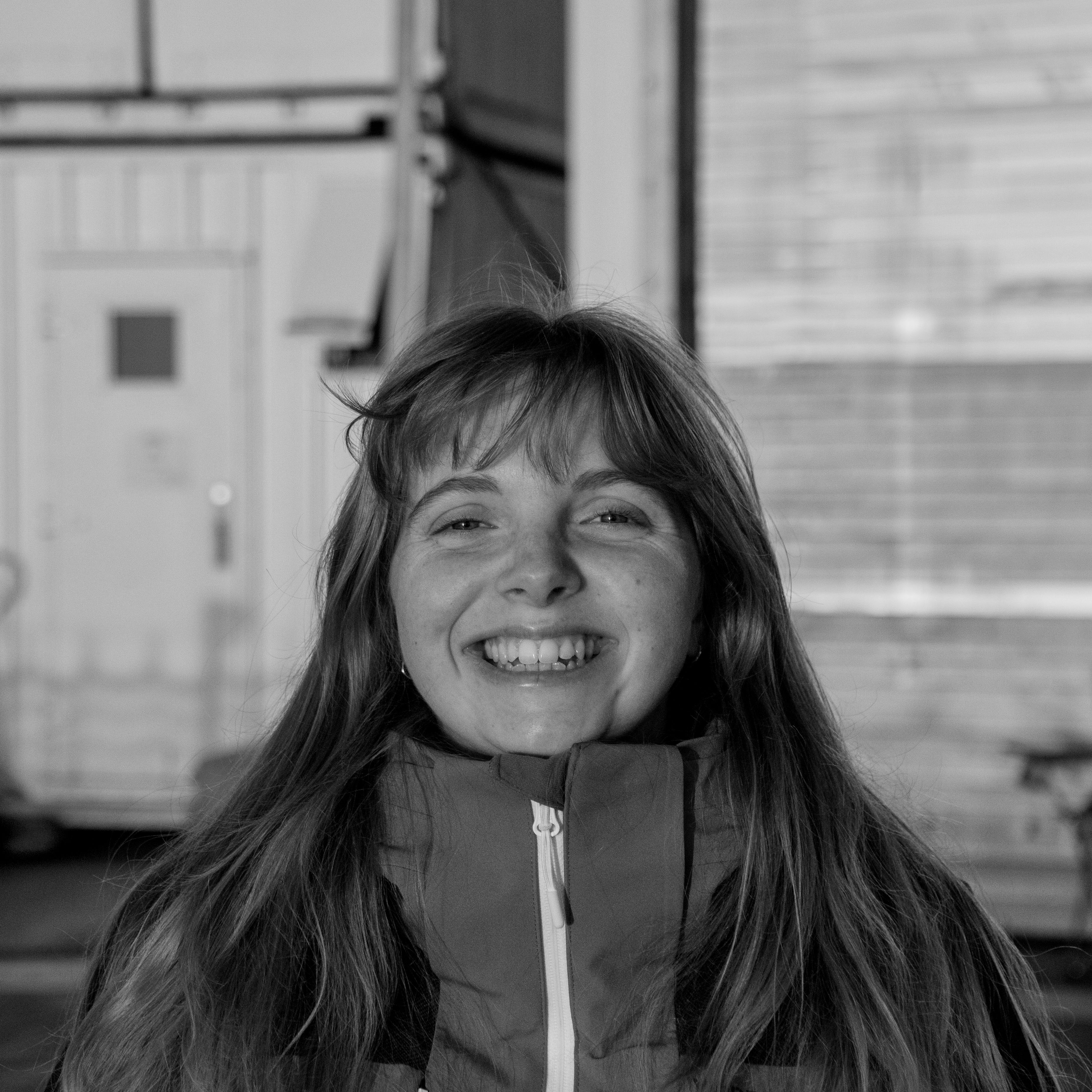
Lucie Bourreau
PhD StudentI am working on the functional traits of Arctic copepods using imaging data and an individual-based model to better understand what drives the emergence of these traits in this remote ecosystem and to better anticipate future changes and potential impacts on other individuals.
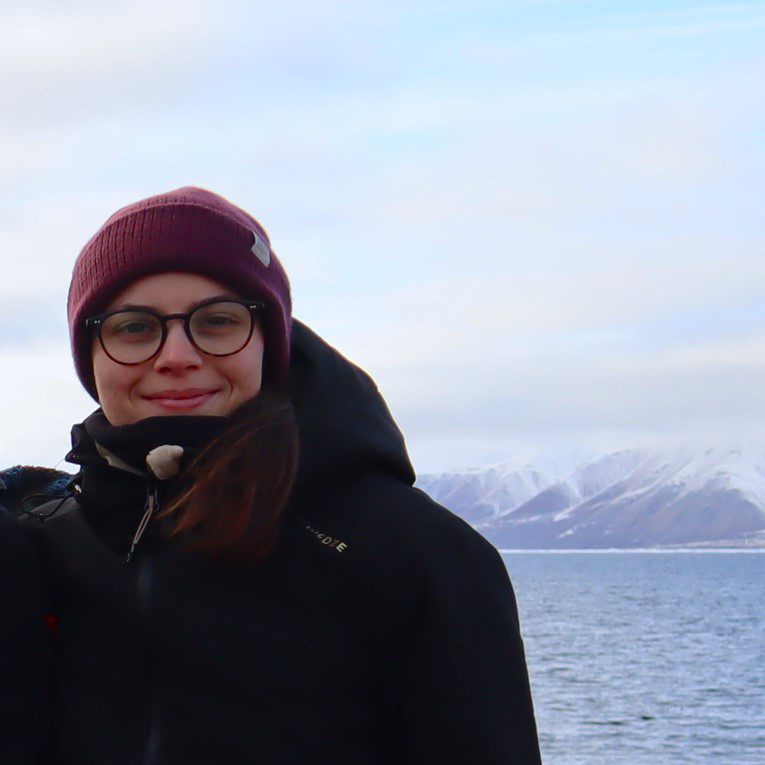
Élodie Bracquart
PhD StudentMy project aims to combine high-resolution bathymetry and satellite imagery with sediment cores taken near Mittie and Cape Norton Shaw glaciers to provide a better understanding of the evolution of marine-terminating glaciers in the Canadian Arctic in the face of future climate change.
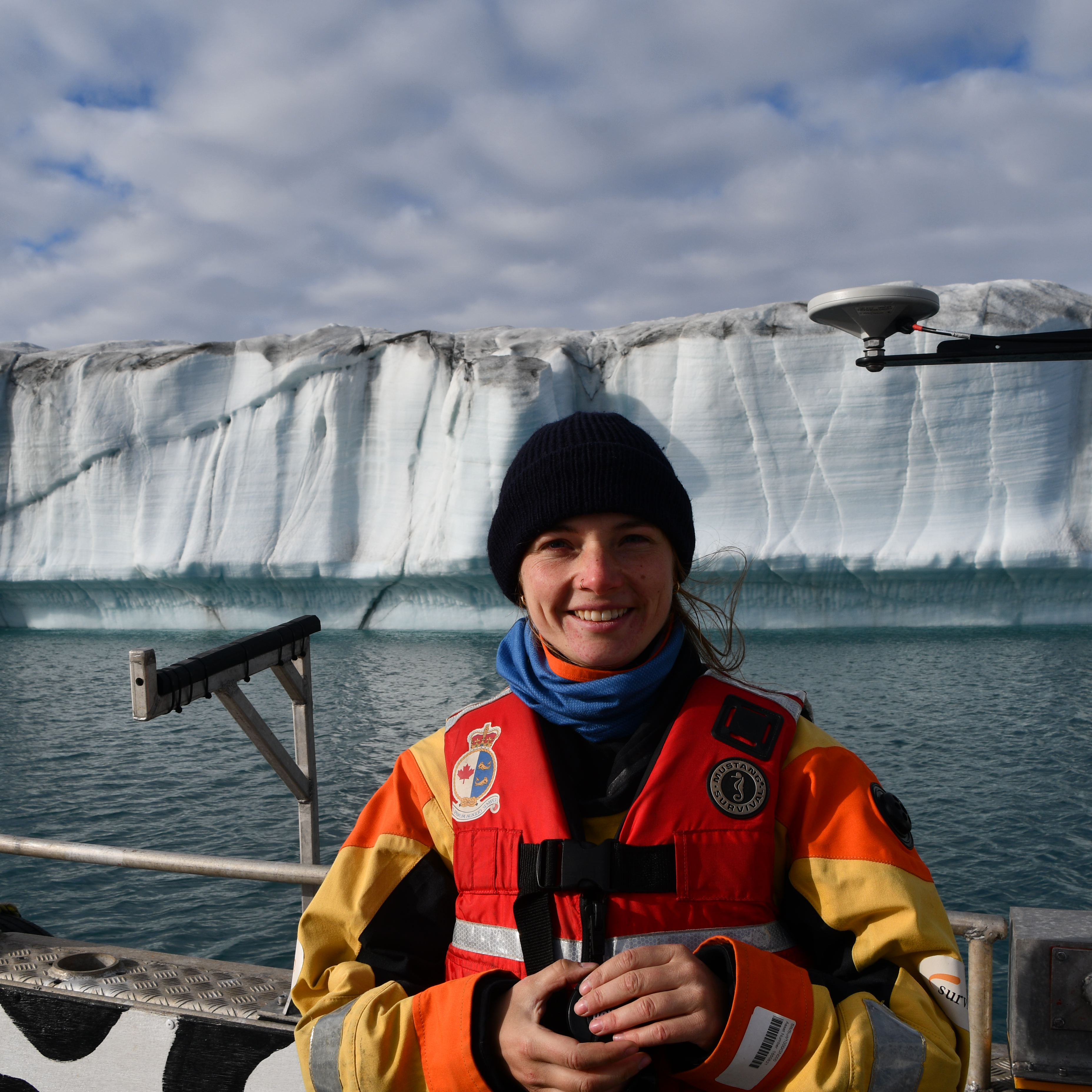
Kerstin Brembach
PhD StudentI work on the geomorphological and sedimentary signatures of tidewater glaciers to reconstruct glacier history and to identify drivers of glacier behaviour.
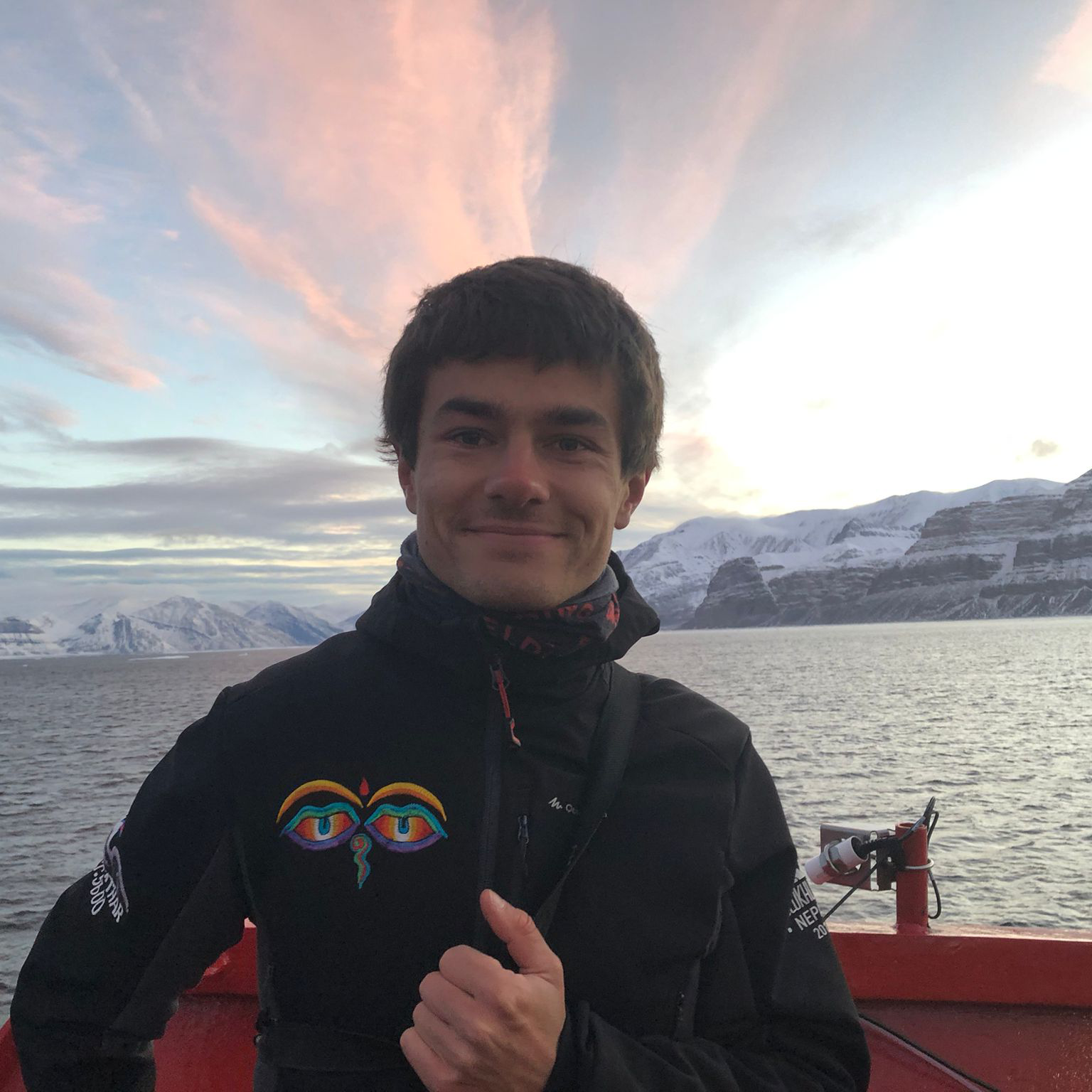
Thibaud Combaz
PhD StudentThe goal of my research is to better understand how the new massive southward Arctic outflow of fresh meltwater that flows down within Baffin Bay impacts the benthic ecosystems functioning and more specifically their carbon absorption capacity.
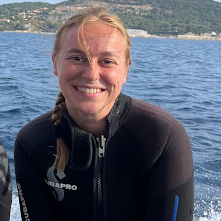
Coline Donat
Msc StudentMy work focuses on the relationship between prokaryotes, methylmercury and dissolved organic matter.
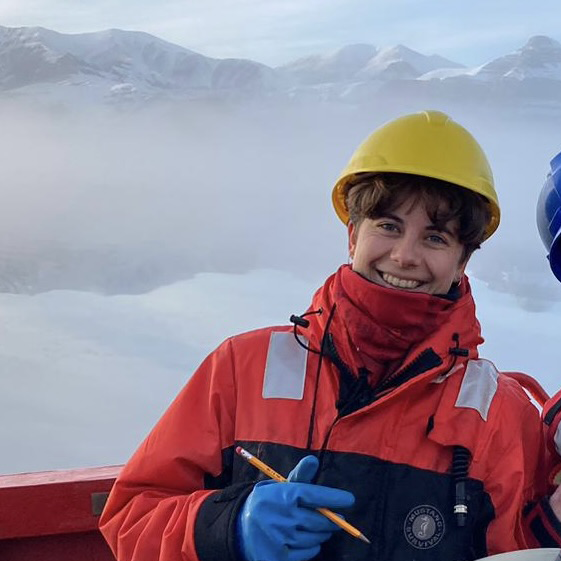
Zoé Garmirian
PhD StudentMy PhD project focuses on the interplay between phytoplankton, zooplankton and particles in the biological carbon pump in the Arctic Ocean.

Camille Guité
Msc StudentMy research project aims to understand variation in the dynamics of benthic food webs, using starfish as top predators, along a latitudinal gradient from the High Arctic to the Gulf of St. Lawrence.
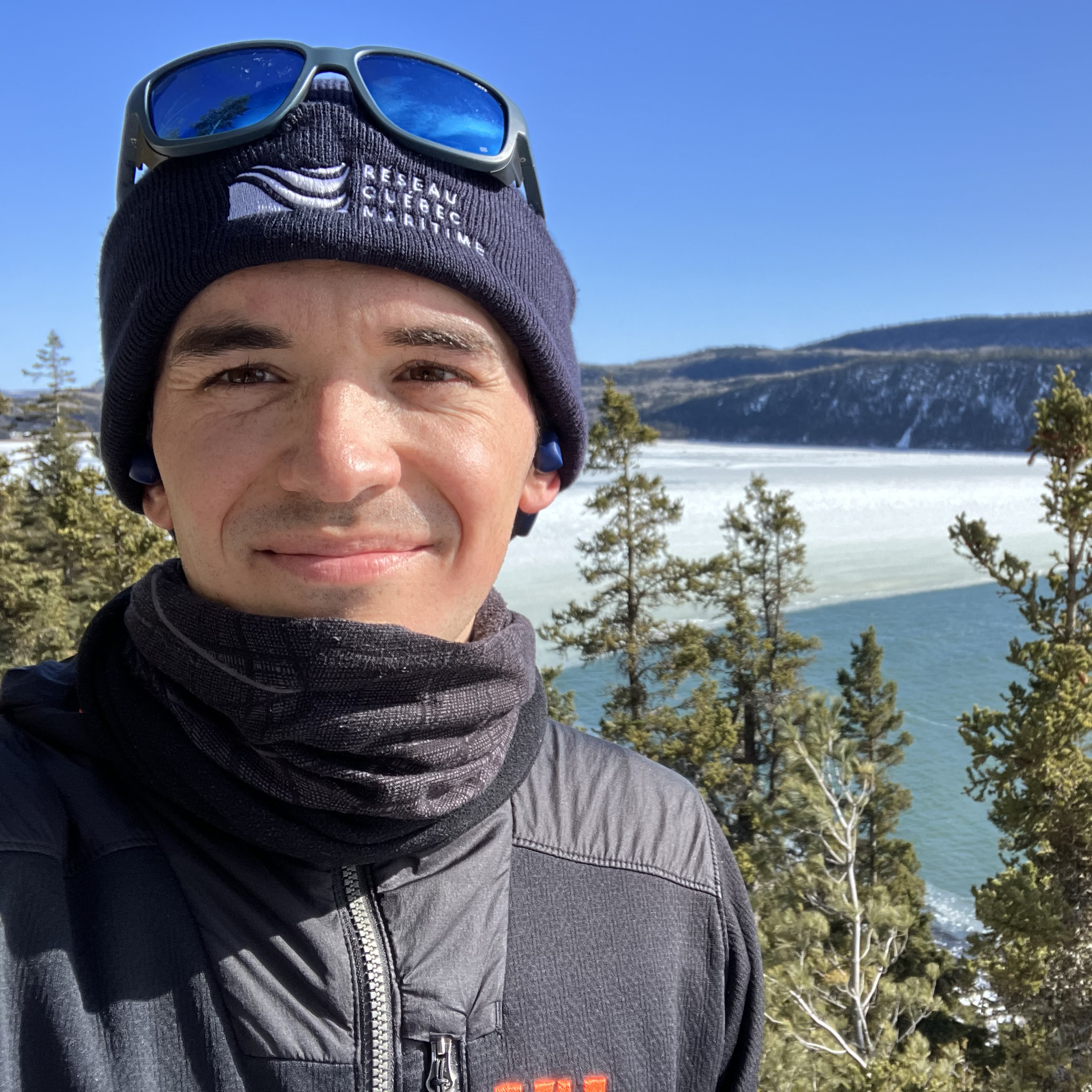
Sébastien Kuchly
PhD StudentI am studying mechanical properties of sea ice floes as well as their interaction with swell in order to improve Arctic climate models.
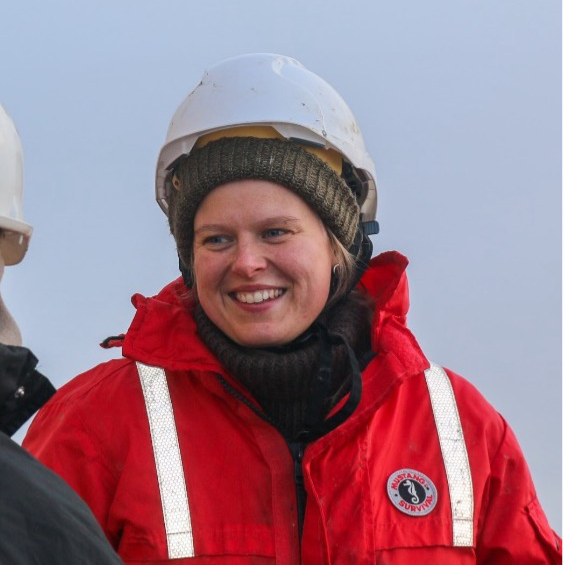
Anna Bang Kvorning
PhD StudentThe aim of my PhD project is to contribute to a better understanding of cryosphere and ecosystem changes in sensitive areas of the Arctic region during the Holocene epoch.
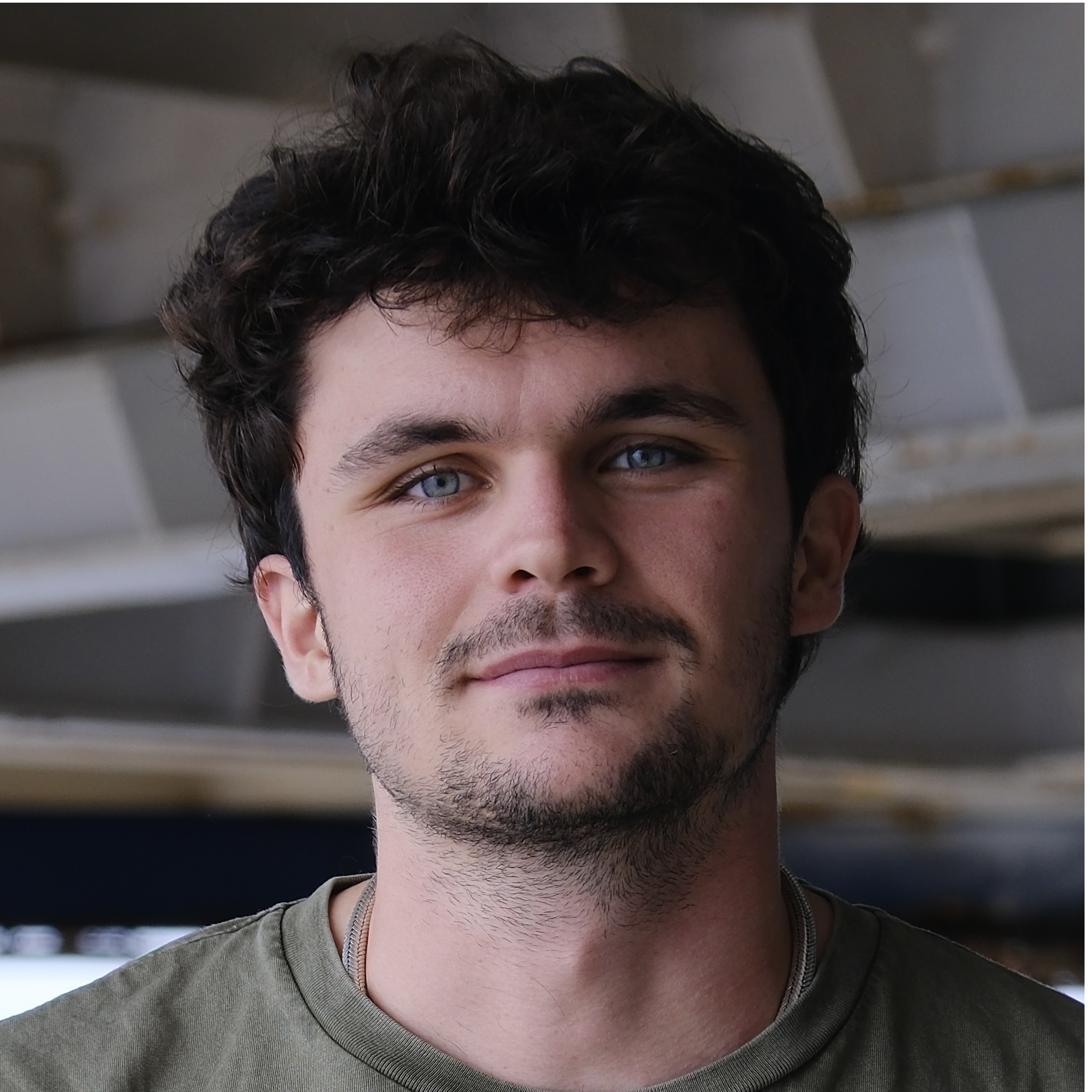
Auguste Lugrin
PhD StudentMy work focuses on studying changes in salinity in regions of deep-water formations by documenting it using analysis of the 18O/16O and 2H/H isotope ratios of seawater.
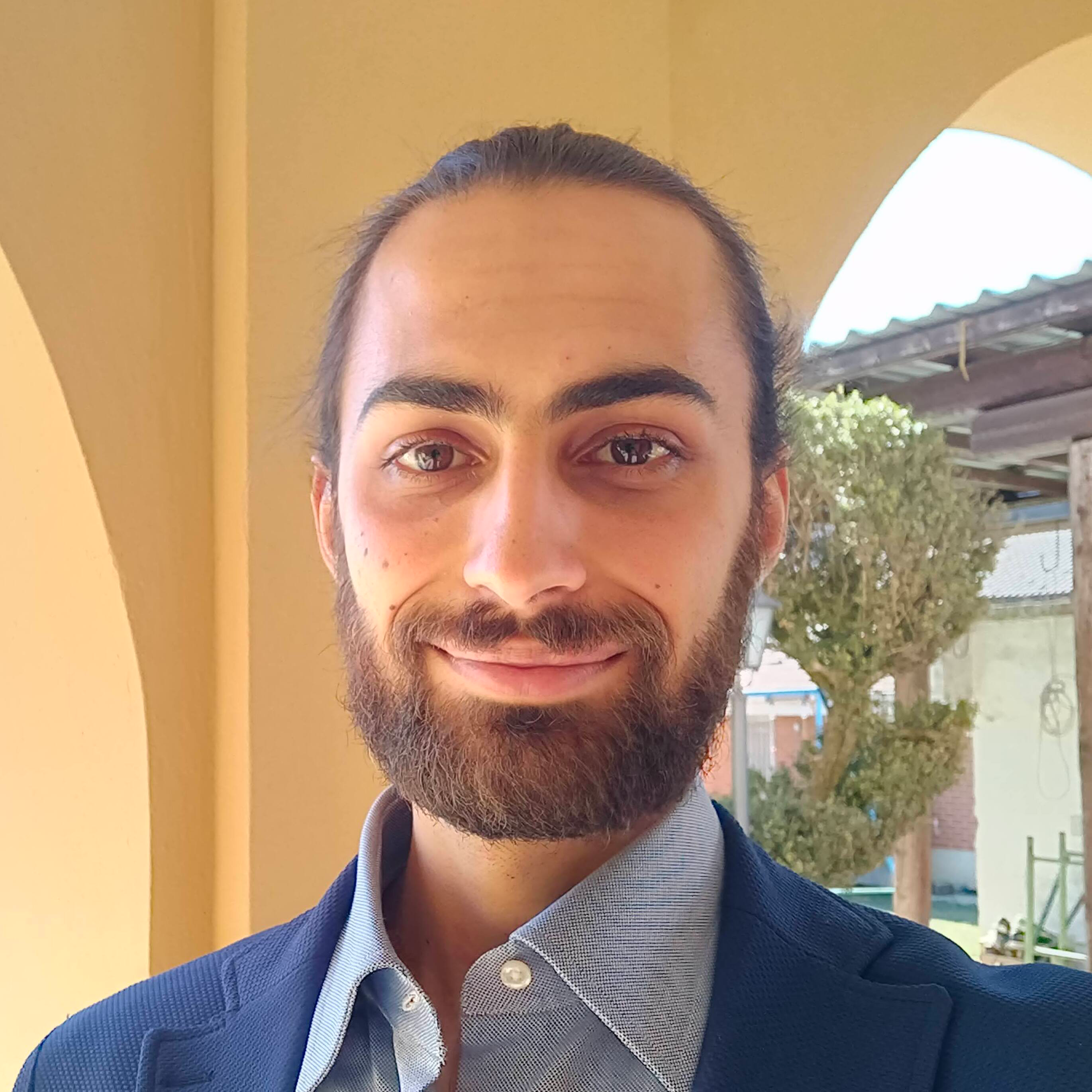
Davide Mattio
PhD StudentMy research investigates how climate-induced changes in the Arctic cryosphere, particularly sea ice decline, influence the biogeochemical cycling of mercury. I focus on the role of sea ice in regulating ocean-atmosphere exchanges of mercury.
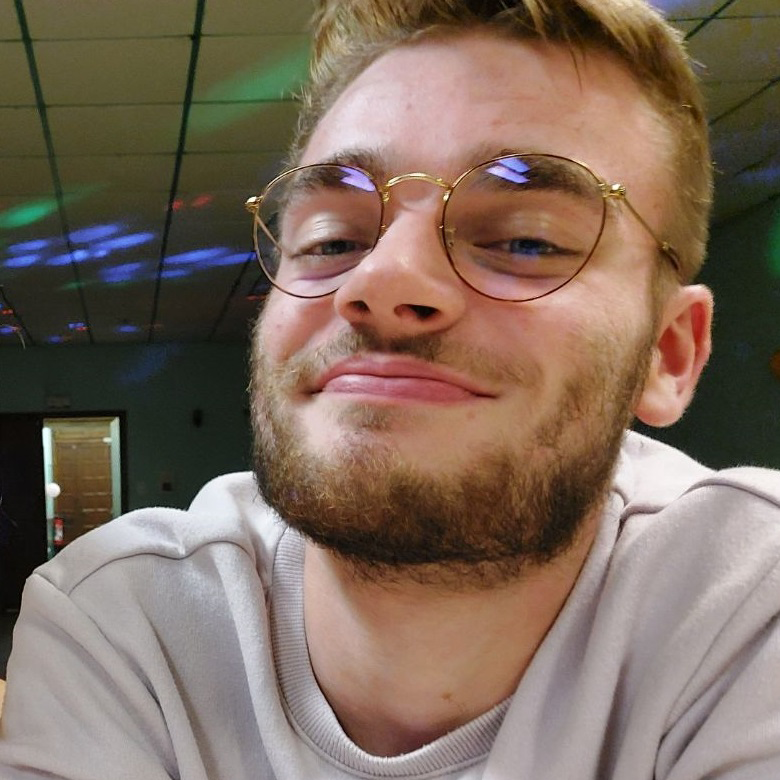
Nathan Nault
PhD StudentMy research work is focused on the relationship between organic matter coming from different sources and natural bacterial communities, to better understand how they both interact and influence each other, as well as its consequences for the global carbon cycle.
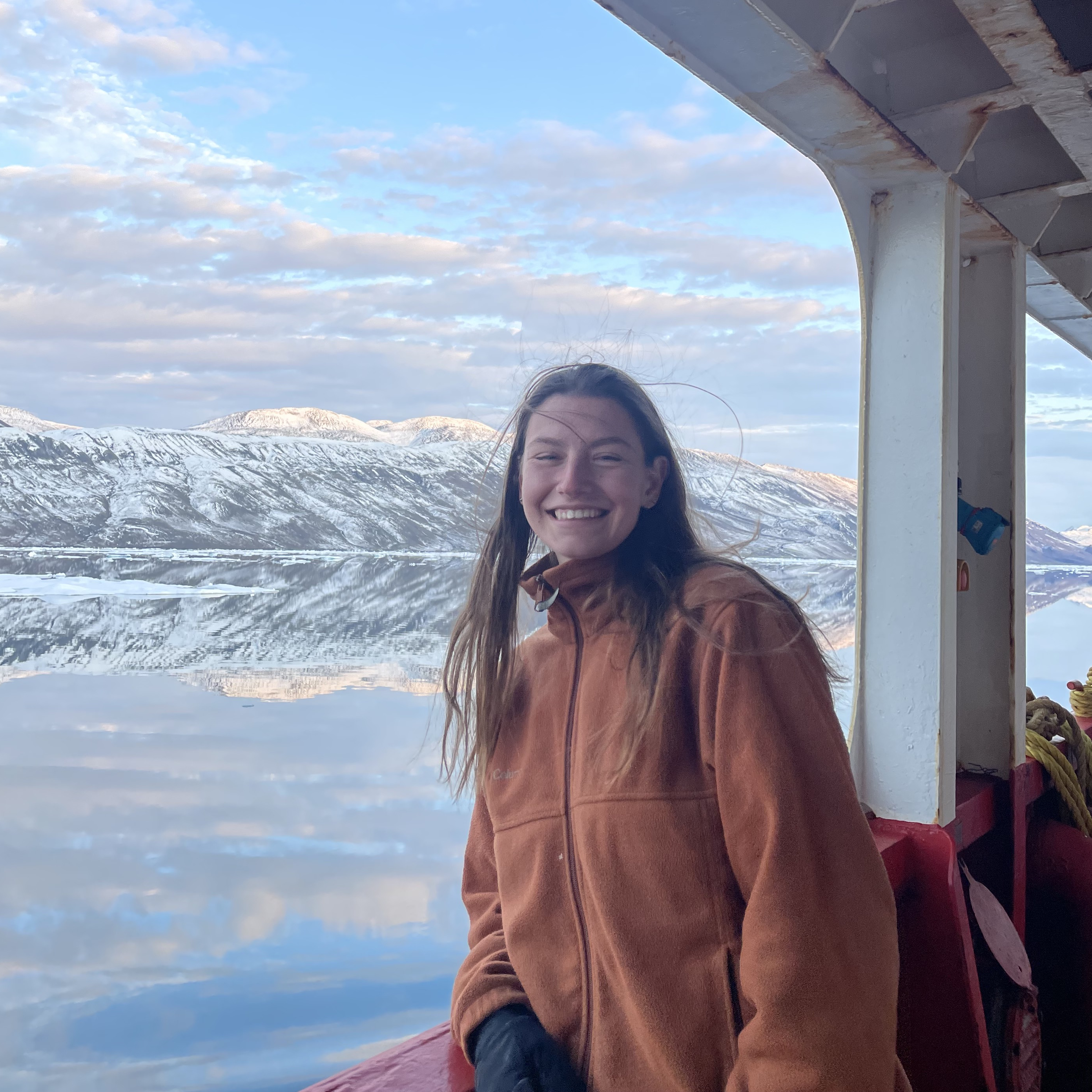
Sofie Ohrling
Msc StudentI am studying trace metals to understand their distributions throughout fjords along Ellesmere Island and Greenland.
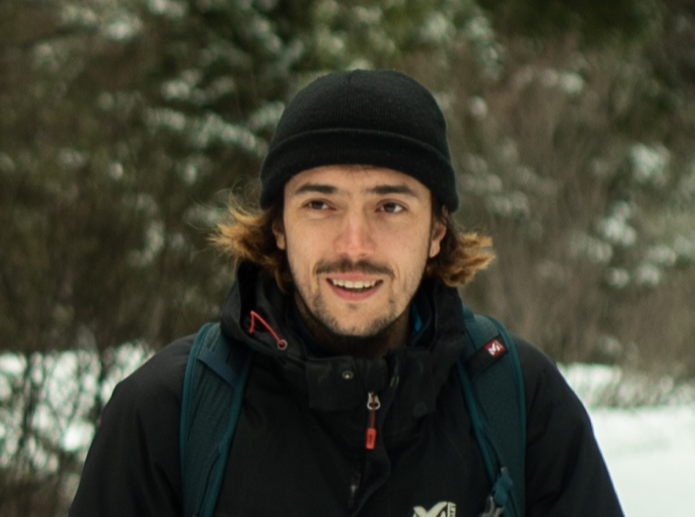
Arthur Plassart
PhD StudentMy project focuses on the eco-physiological mechanisms of acclimation to prolonged periods of dusk in polar phytoplankton and their potentials impact on the phytoplankton communities.

Bastian Raulier
PhD StudentMy work focuses on the microstructure of sea ice and its macro- and micro-scale impact on radiative transfer.
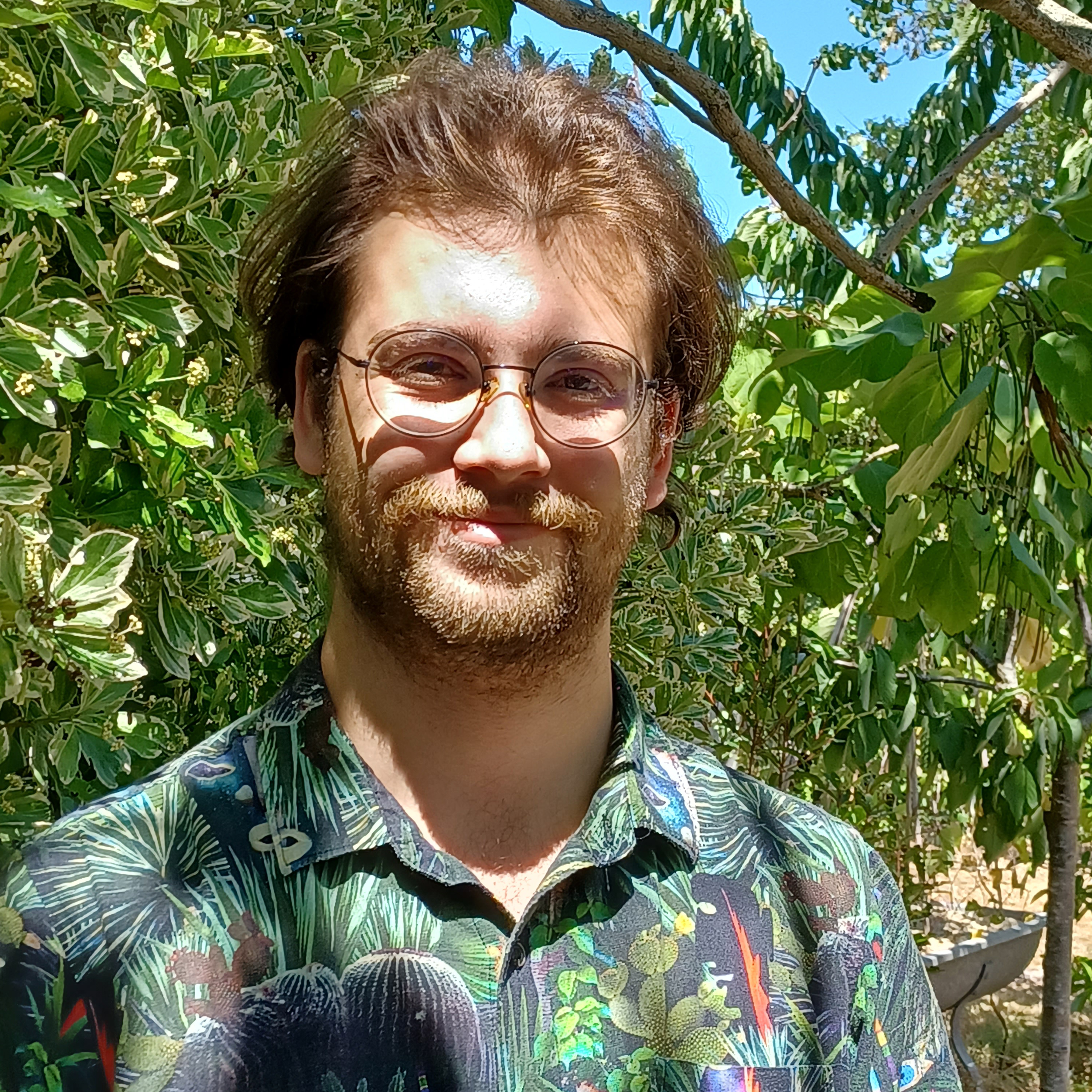
Swan Schluk
PhD StudentMy project focuses on studying two aspects of the carbon cycle: ocean acidification in the water column ; origin and degradation pathways of carbon sequestered in the sediments, using chemical and isotopic measurements.
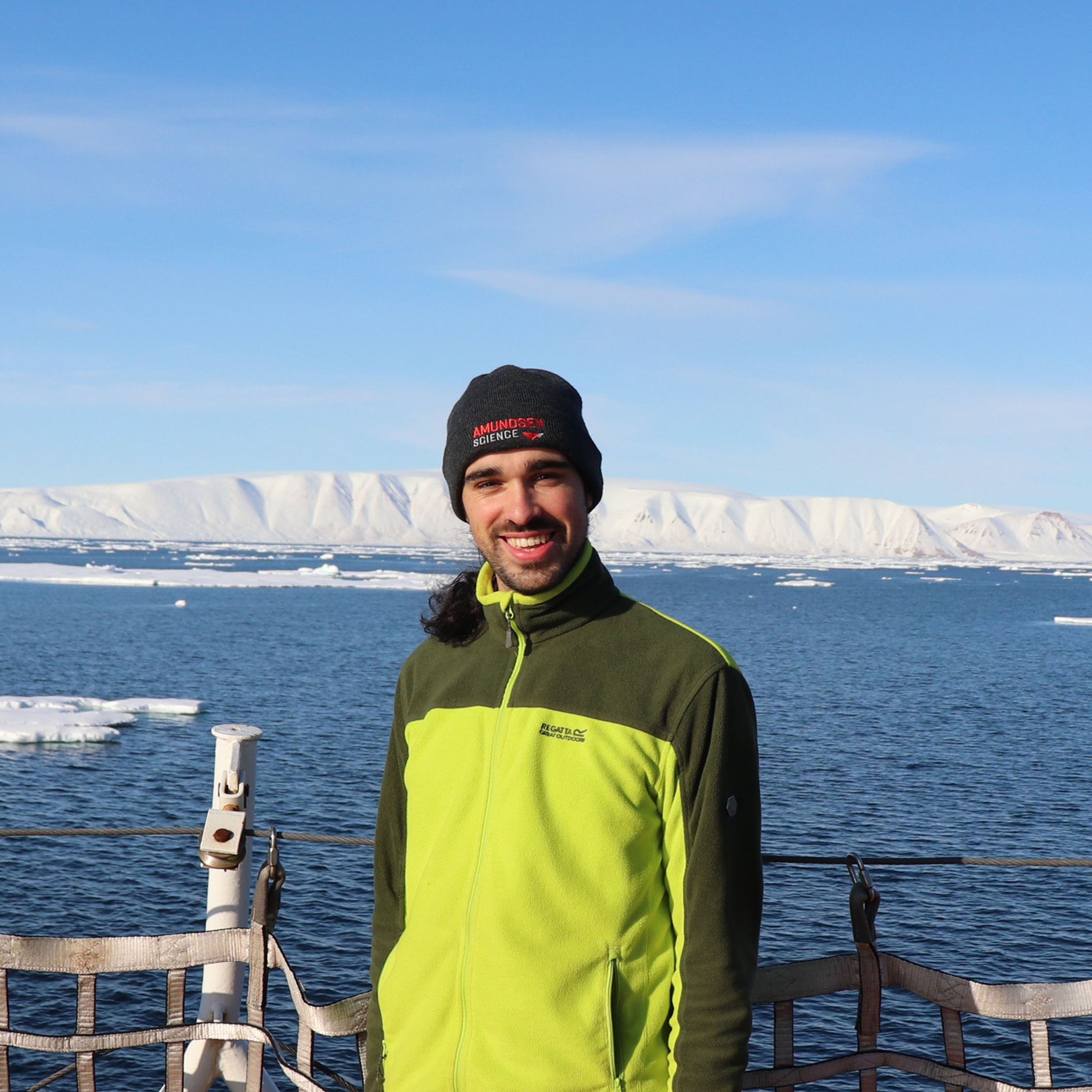
Theo Segur
PhD StudentMy project focuses on modelling the impact of different public policy scenarios on plastic and microplastic pollution.
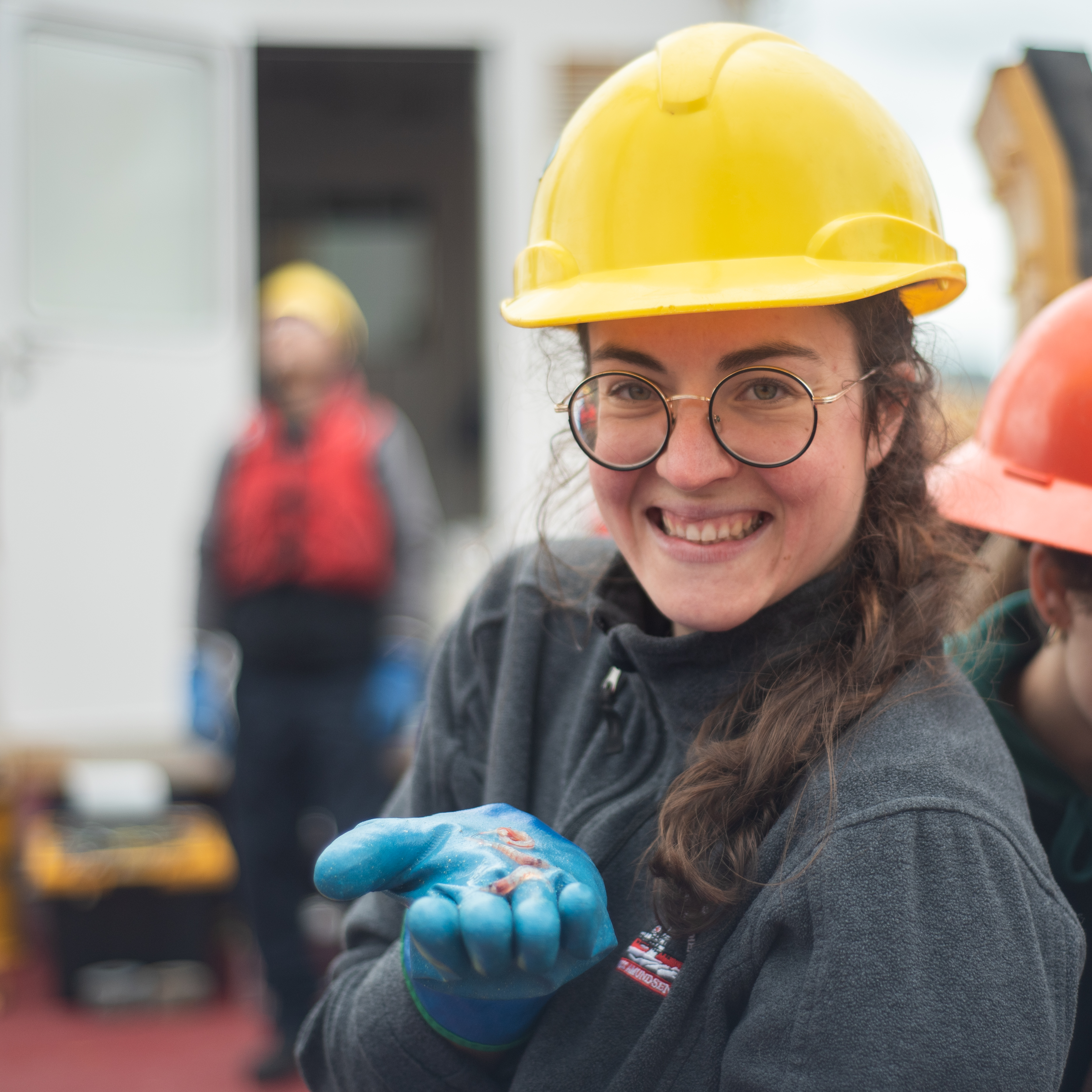
Laure Vilgrain
Postdoctoral fellowMy project focus on the connectivity of zooplankton communities at the front between Arctic and subarctic waters in the Labrador Sea, in the vicinity of a future Nunatsiavut marine protected area. I'm also interested in the biodiversity, distribution and limits of distribution of zooplankton at very high latitudes in relation to ice dynamics.
